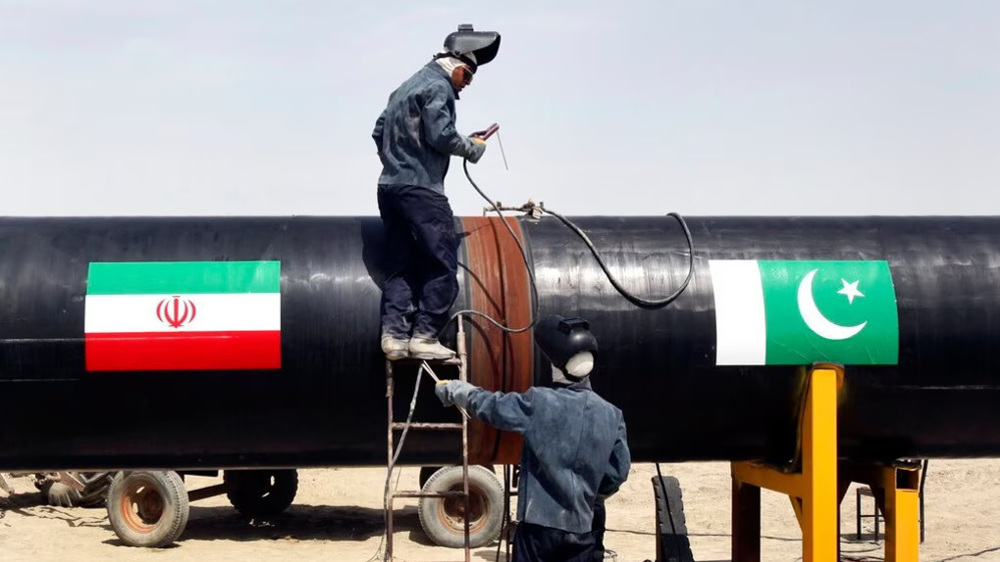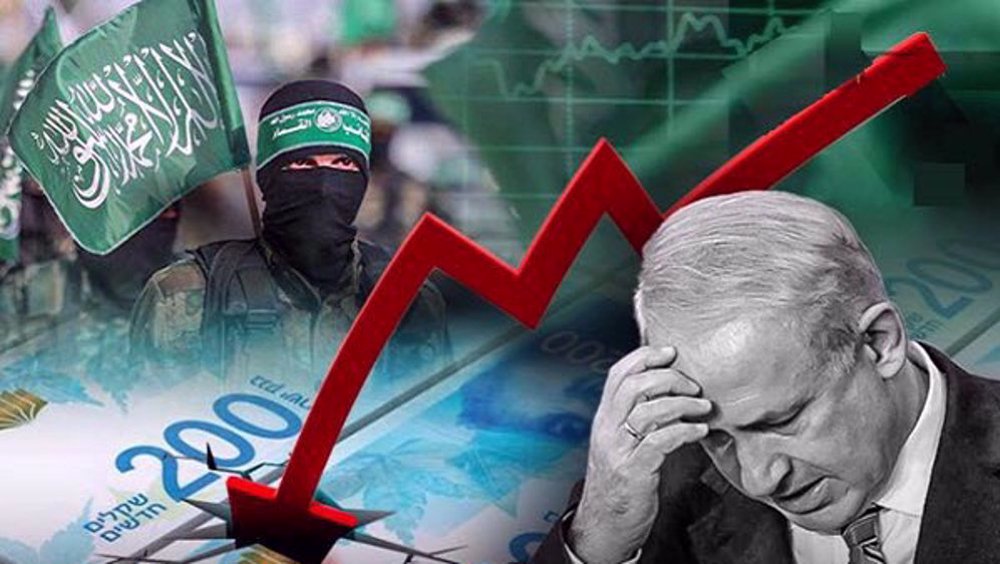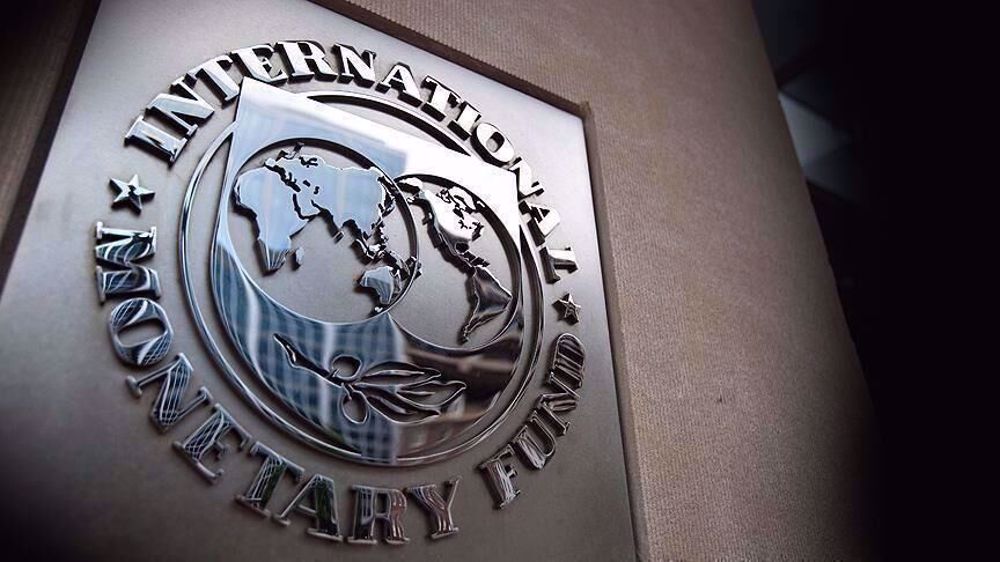Saudi Arabia says no plan on agenda to dissolve OPEC
Saudi Energy Minister Khalid Falih rejected speculations that Riyadh is studying the prospects of the elimination of the Organization of the Petroleum Exporting Countries (OPEC), stressing that no plan to that effect is on agenda.
"I can assure you there is no consideration to eliminate OPEC. There is a reason they are called think-tanks so as to think out of the box," Falih was quoted as saying at the Abu Dhabi International Petroleum Exhibition and Conference (ADIPEC) session.
Earlier, the Wall Street Journal had reported that the Saudi authorities had commissioned a study that would examine the consequences of OPEC's possible dissolution.
The Journal said the study would be carried out against the backdrop of Washington's drafting an anti-cartel bill, named No Oil Producing and Exporting Cartels Act (NOPEC).
The Act would be meant to authorize the US court to consider antitrust cases brought against OPEC countries and other states taking part in cartels on the oil market.

The Saudis already faced accusations from Iran that they had – together with the UAE – turned the OPEC into a “tool in the hands of the US.”
Hossein Kazempour Ardebili, Iran’s ambassador to the Organization, had earlier warned that efforts by Saudi Arabia and the UAE to appease the US through OPEC had left not much credit for it.
"It is a fact that OPEC is losing its organizational character and becoming a forum," Kazempour Ardebili added.
Elsewhere in his remarks, Falih said a technical analysis by the OPEC and non-OPEC producers showed that oil producers needed to decrease production by 1 million barrels per day from October levels.
"The technical analysis we saw yesterday from the OPEC Secretariat and the Joint Technical Committee showed that there will need to be a reduction of supply from October levels by approximately 1 million barrels daily. But there are a lot of fluctuations that may change in 2-3 weeks," he said.
OPEC and several non-OPEC oil producers, including Russia, reached a deal in Vienna in 2016, agreeing to cut oil output by a total of 1.8 million barrels per day in an effort to stabilize global oil prices.
Non-OPEC states pledged to jointly reduce oil output by 558,000 barrels per day.
The agreement, which came into effect in 2017, has been extended twice since then and is expected to remain in force until the end of 2018, according to a report by Russia’s Sputnik news agency.
Students protest at US universities to urge end in financial ties to Israel
Biden signs war aid bill supplying Israel, Ukraine with more weapons
VIDEO | France, West warn Israel against escalation with Iran
Iran refutes Kuwait’s assertion of exclusive rights to Arash gas field
VIDEO | Press TV's news headlines
Region to benefit from Iran-Sri Lanka cooperation: Raeisi
Iran dismisses US allegation of ‘malicious cyber activity’
Calls grow for probe into mass graves Israeli forces left in Gaza











 This makes it easy to access the Press TV website
This makes it easy to access the Press TV website